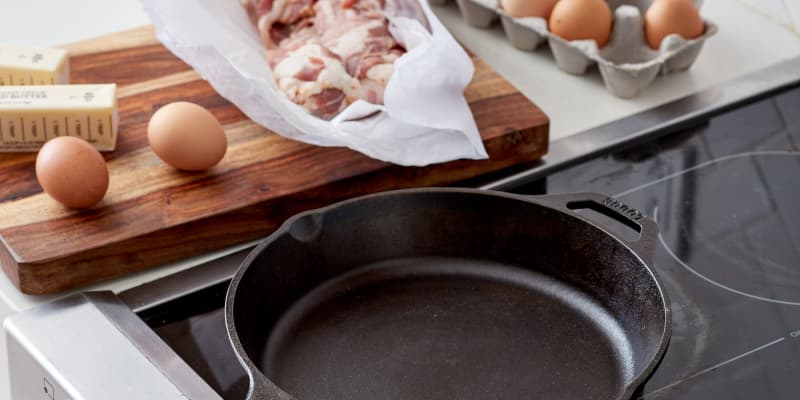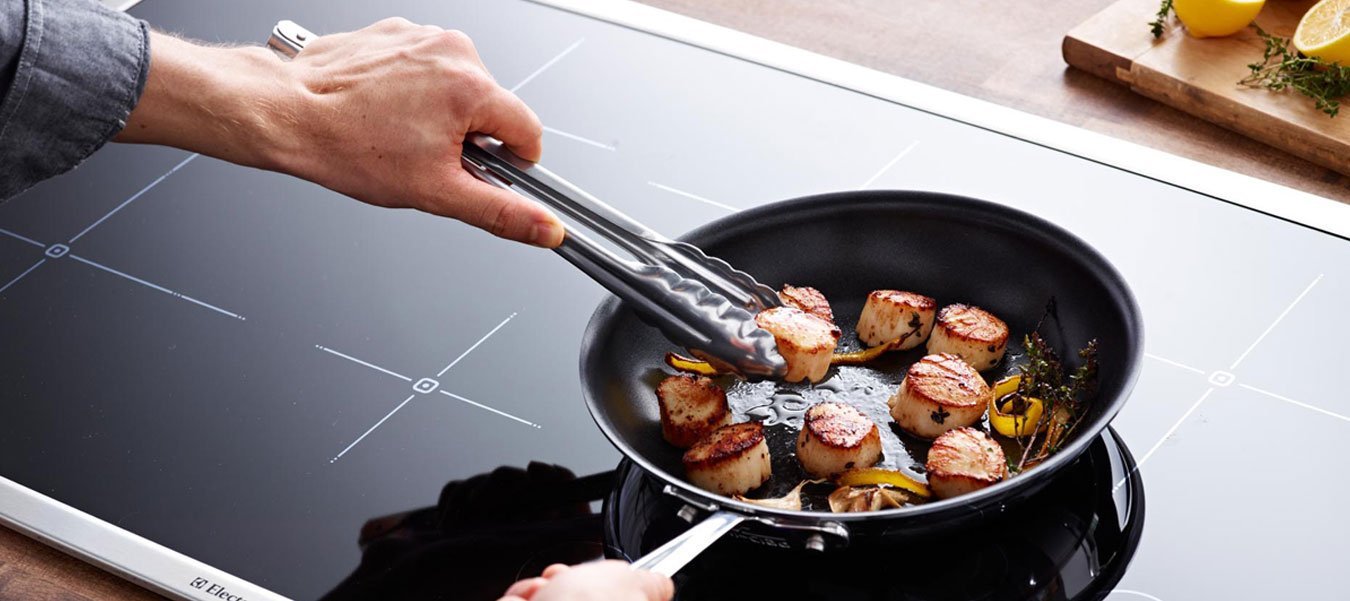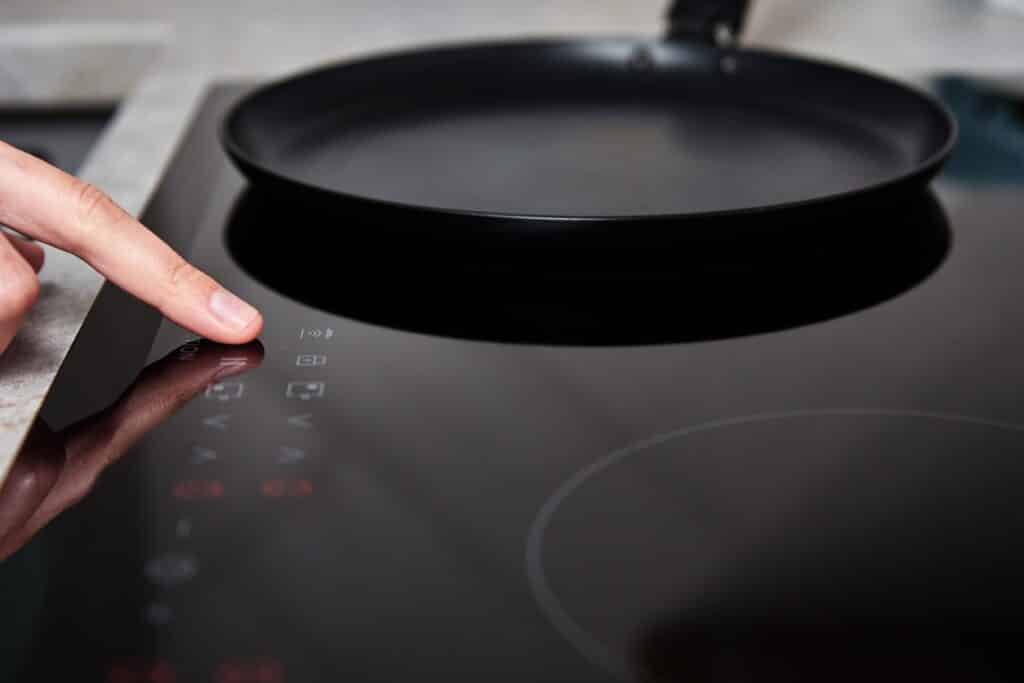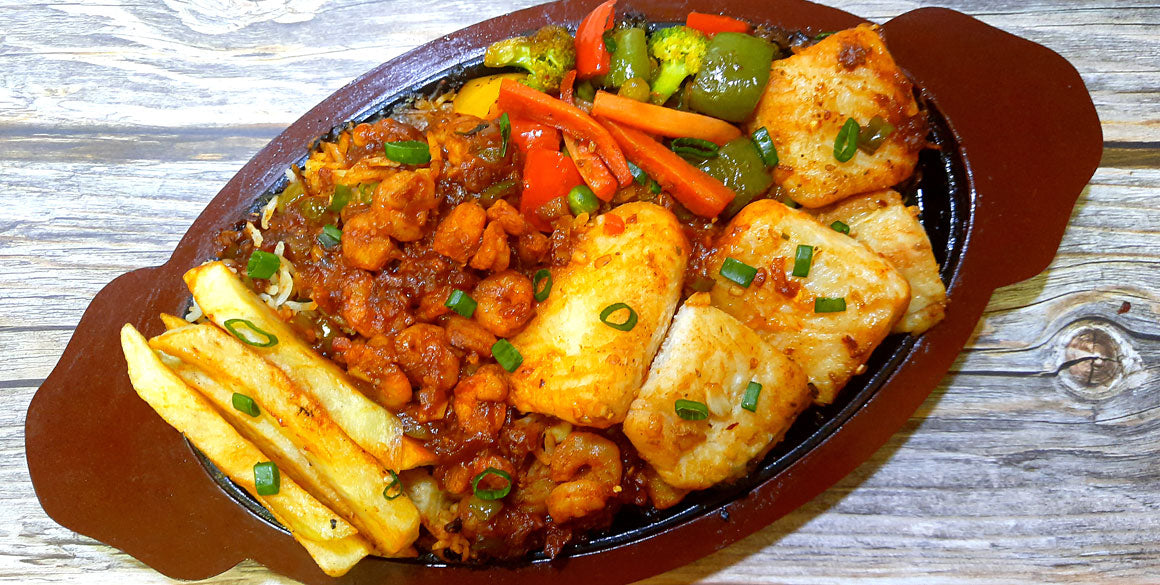For kitchen professionals, the kitchen is not just a workspace; it's a realm of precision and artistry. Among the array of tools at their disposal, the induction cooktop has garnered attention, particularly when paired with cast iron cookware. One intriguing aspect that often piques curiosity is the hum or buzzing sound that sometimes emanates from cast iron on induction cooktops. So, should cast iron hum on induction surfaces?

The Relationship Between Induction and Cast Iron
Induction cooktops operate by generating a magnetic field that induces electric currents directly in the cooking vessel, allowing for precise and rapid heating. Cast iron, known for its excellent heat retention and even heating properties, is highly compatible with induction technology. However, the phenomenon of the hum or buzz can be perplexing for many professionals.
The hum is primarily due to the interaction between the magnetic field and the metal of the cookware. The slight vibration caused by the alternating current can lead to audible sounds. While this might seem unusual, it is generally harmless and doesn't affect the cooking process or the integrity of the cookware. Understanding this can help professionals maintain their calm and focus in the kitchen.
Why Does Cast Iron Hum on Induction?
The hum or buzz from cast iron on induction cooktops is typically a result of electromagnetic vibrations. High-frequency electromagnetic fields, characteristic of induction cooktops, can cause the molecules within the cast iron to vibrate. This vibration is most noticeable when the cookware is empty or when the cooktop is set to high power levels.
In professional kitchens, where large volumes of food are often prepared, the hum might be more pronounced due to the extensive use of the cookware. However, this sound is not an indicator of malfunction. Instead, it highlights the efficiency of induction technology in transferring energy directly to the cookware, ensuring faster and more uniform cooking.
Practical Tips for Managing the Hum
While the hum is generally harmless, professionals might still seek ways to minimize it. One effective method is ensuring that the cookware is fully loaded before turning on the cooktop. Additionally, adjusting the power settings can help manage the vibration levels. If the hum persists, it might be beneficial to check the cookware's compatibility with the induction surface.
For those interested in further understanding the dynamics of cast iron's weight on induction, exploring resources and guides can offer valuable insights.
Advantages of Using Cast Iron on Induction
Despite the occasional hum, cast iron remains a preferred choice for many professional chefs using induction cooktops. Its ability to maintain consistent heat makes it ideal for dishes requiring long cooking times. Moreover, the durability of cast iron ensures it withstands the rigors of a busy kitchen.
Professionals appreciate the searing capabilities of cast iron, allowing for perfectly browned meats and vegetables. The magnetic properties of cast iron also ensure that it is highly responsive to the rapid temperature adjustments possible with induction technology. For those looking to delve deeper into the pros and cons of induction, comprehensive reviews can provide a broader perspective.
Ensuring Safety and Efficiency
In a professional environment, safety is paramount. While the hum does not pose a direct risk, ensuring that the cookware is in good condition and compatible with the induction surface is crucial. Regularly inspecting the cookware for dents or warping can prevent potential accidents and enhance the overall cooking experience.
Conclusion: Embracing the Hum
For kitchen professionals, understanding the nuances of their tools and equipment is essential. The hum of cast iron on induction cooktops, while initially puzzling, can be embraced as a testament to the efficiency and power of modern cooking technology. By acknowledging and adapting to these acoustic phenomena, professionals can continue to create culinary masterpieces with confidence.
For more insights into identifying induction-compatible cookware, exploring dedicated resources can be beneficial.

FAQs
1. Is the hum from cast iron on induction harmful?
The hum is typically harmless and results from electromagnetic vibrations. It does not affect the cooking process or the integrity of the cookware.
2. How can I reduce the hum from my cast iron cookware?
Ensuring the cookware is fully loaded and adjusting the power settings can help minimize the hum. Checking for compatibility with the cooktop is also advisable.
3. Why is cast iron preferred for induction cooking?
Cast iron's excellent heat retention and even heating properties make it ideal for induction cooking. Its durability and searing capabilities are also highly valued in professional kitchens.






Leave a comment
This site is protected by hCaptcha and the hCaptcha Privacy Policy and Terms of Service apply.